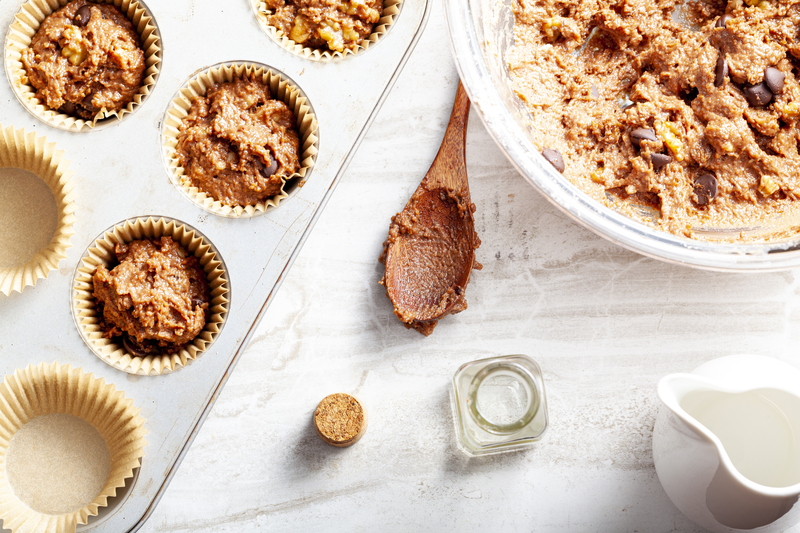 Baking enthusiasts and novices alike often find themselves caught in the crossfire of conflicting advice when it comes to muffin making.
Baking enthusiasts and novices alike often find themselves caught in the crossfire of conflicting advice when it comes to muffin making.
One prevalent debate centers around whether muffin batter should rest before being subjected to the heat of the oven.
In this article, we’ll delve into the science behind this baking dilemma and explore the arguments for and against letting muffin batter take a breather.
The Science Behind Muffin Batter
Understanding the role of key ingredients in muffin batter is crucial before we can address the resting debate.
Flour, leavening agents, liquids, and fats work in harmony, undergoing complex interactions that impact the texture and flavor of the final product.
Gluten, a protein in flour, needs time to develop for structure, and leavening agents require activation to achieve the desired rise.
Arguments in Favor of Resting

- Gluten Development
Allowing muffin batter to rest gives the gluten proteins in the flour time to hydrate and link together.
This development contributes to the muffin’s structure and texture, preventing it from becoming overly dense.
- Flavor Fusion
Resting allows the ingredients to meld and flavors to intensify.
This can result in a more harmonious taste profile as the components of the batter have time to mingle.
- Improved Moisture Absorption
Resting provides the liquids in the batter an opportunity to be fully absorbed by the dry ingredients.
This can contribute to a more moist and tender muffin.
Arguments Against Resting
- Leavening Agent Activation
Baking powder and baking soda, common leavening agents in muffins, start releasing carbon dioxide as soon as they come into contact with liquid.
Delaying the baking process may result in a less airy and fluffy texture.
- Loss of Volume
Overly rested batter may lose some of its leavening power, leading to a muffin that doesn’t rise as much during baking.
This can result in a less desirable, flat muffin.
- Texture Compromises
Extended resting can cause the gluten in the batter to overdevelop, leading to a tougher texture.
This is especially true for recipes that already contain a higher proportion of gluten-rich ingredients.
The Middle Ground
 Striking a balance between rest and immediate baking may be the key to achieving the best of both worlds.
Striking a balance between rest and immediate baking may be the key to achieving the best of both worlds.
Some recipes recommend a short resting period, allowing for gluten development without sacrificing the leavening power of the batter.
Bottom Line – Should Muffin Batter Rest Before Baking?
While the “rest or not to rest” debate may not have a one-size-fits-all answer, understanding the science behind muffin batter is crucial for making an informed decision.
Ultimately, personal preference, the specific recipe, and desired muffin characteristics should guide your decision to let the batter rest or head straight into the oven.
Experimenting with both methods can provide valuable insights into the nuanced world of muffin making, allowing you to tailor your approach to suit your taste and baking goals.


